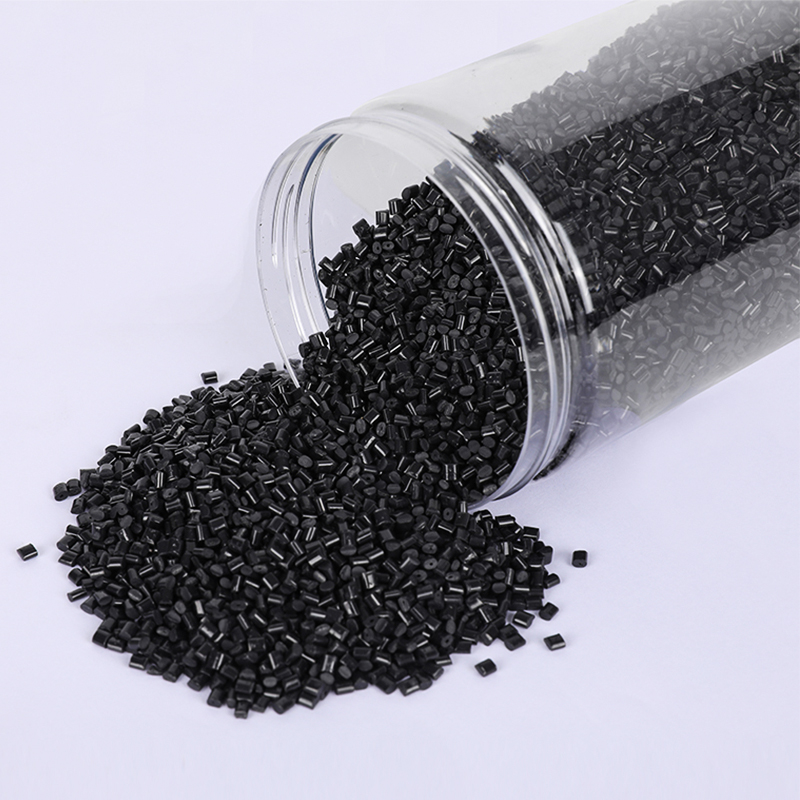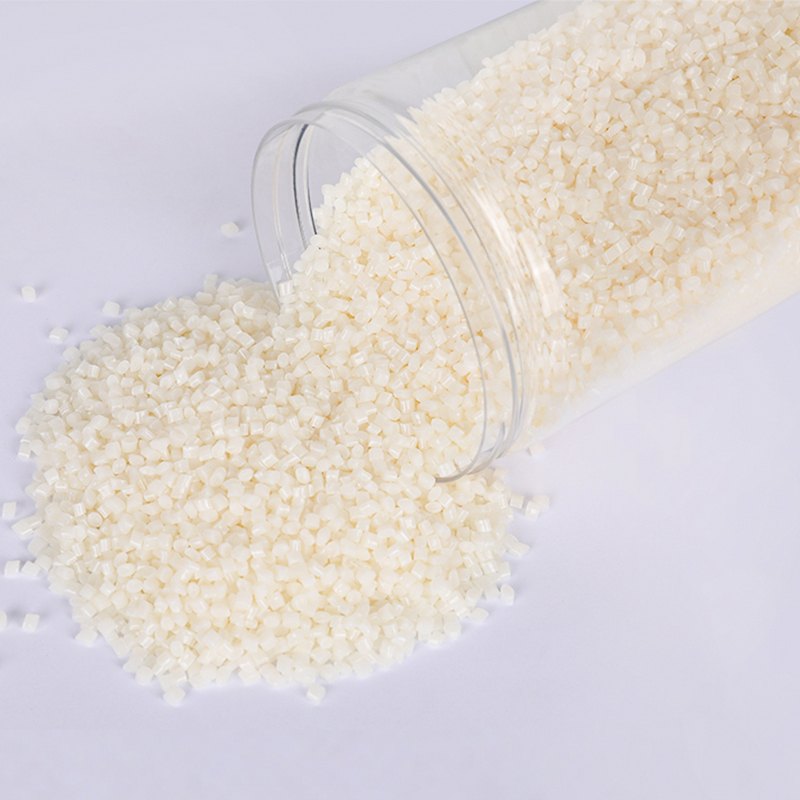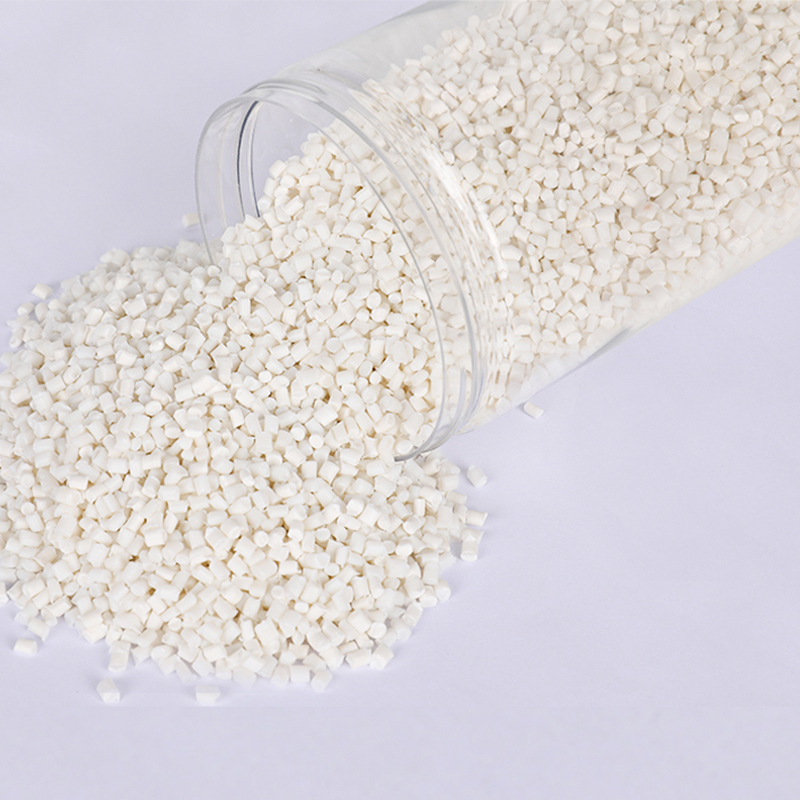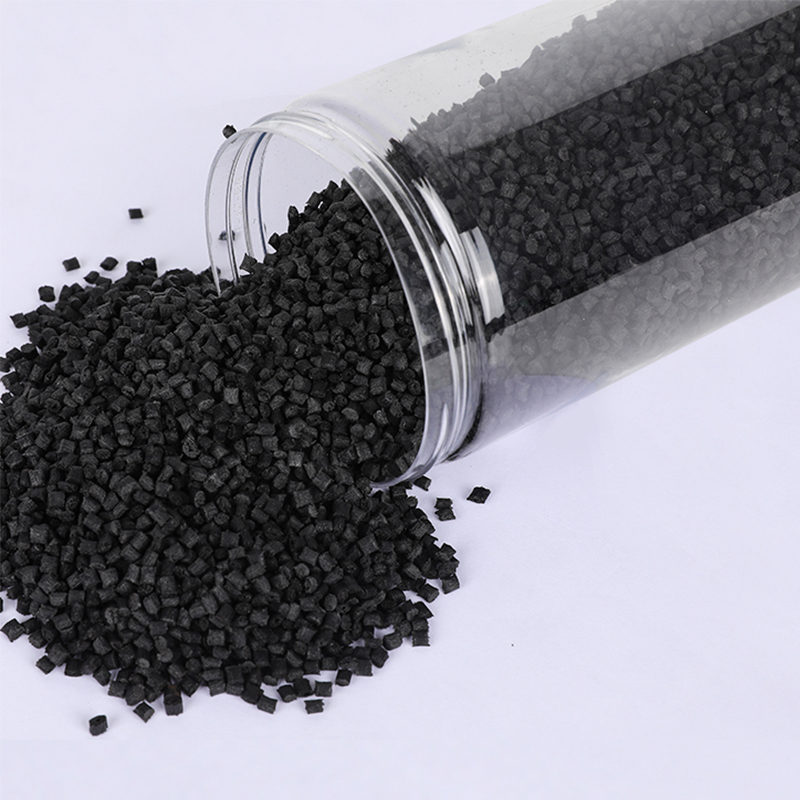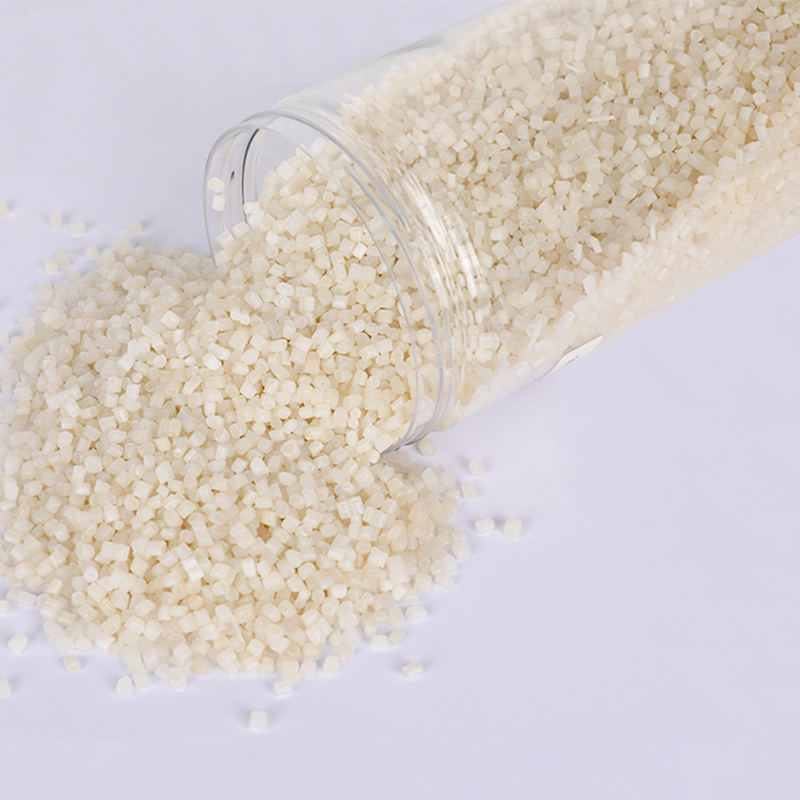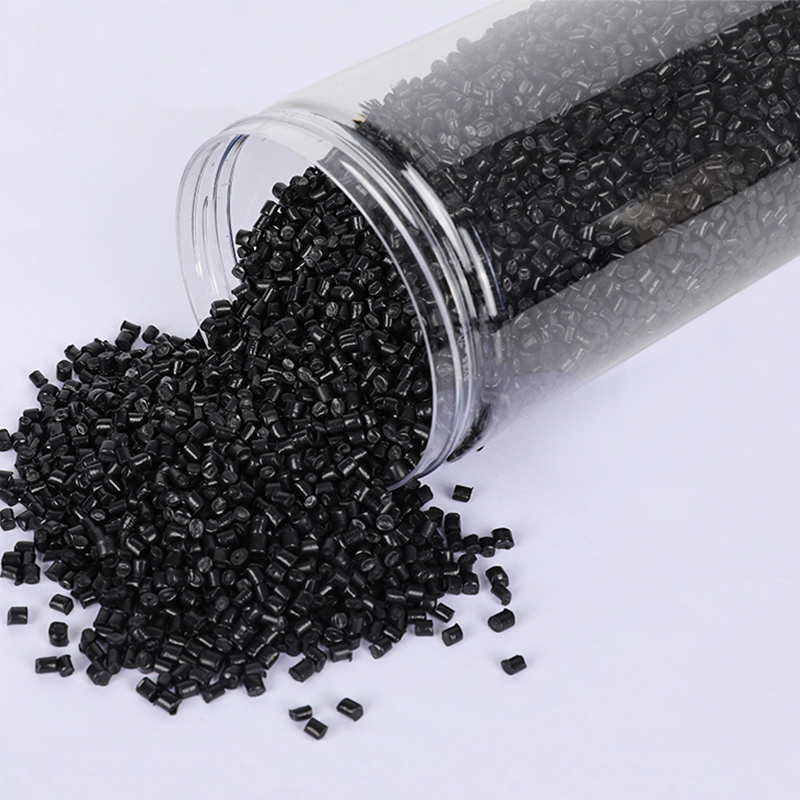Stay up to date with our recent products
Web Menu
Product Search
Exit Menu
What does "amorphous resin" mean in the context of ABS plastic?
The term "amorphous resin" often surfaces in discussions about various polymers, including ABS (Acrylonitrile Butadiene Styrene) plastic. Understanding what this term means and its implications is crucial for industries and consumers alike, especially in a world increasingly focused on sustainability and recycling. This article delves into the nature of amorphous resins, particularly within the context of ABS plastic, to highlight their properties, benefits, and applications.
Defining Amorphous Resin
An PCR Recycled ABS Plastic Amorphous Resin is a polymer without a crystalline structure. In amorphous polymers, the molecular chains are arranged randomly and without long-range order. This disordered state contrasts with crystalline polymers, where the chains are organized in a regular, repeating pattern. The absence of crystallinity gives amorphous resins their unique set of properties.
Characteristics of Amorphous ABS Resin
Transparency and Clarity: One of the most notable features of amorphous ABS resin is its transparency or translucency. The random arrangement of polymer chains in amorphous ABS reduces light scattering, which can result in a clearer appearance compared to crystalline polymers.
Thermoplastic Nature: ABS is a thermoplastic polymer, meaning it can be heated to become pliable or moldable and solidified upon cooling. This property makes ABS highly suitable for processes like injection molding, extrusion, and thermoforming, allowing for diverse applications.
Impact Resistance: The amorphous structure of ABS significantly contributes to its toughness and impact resistance. These properties make ABS an ideal material for applications requiring durability and the ability to withstand physical stress, such as automotive parts and consumer electronics.
Processing Flexibility: Amorphous ABS resins can be easily processed using standard plastic manufacturing techniques. This flexibility is a significant advantage for manufacturers, enabling them to create complex shapes and intricate designs.
Dimensional Stability: Due to its amorphous nature, ABS maintains good dimensional stability. This means it retains its shape and size under various conditions, making it reliable for precision components and parts that need to fit together tightly.
Bonding and Adhesion: Amorphous ABS resin exhibits excellent bonding properties. This quality is beneficial for applications where strong adhesion is required, such as in coatings, adhesives, and composite materials.
Advantages of Using Recycled ABS Resin
Consistency: Recycled ABS retains the amorphous nature of virgin ABS, ensuring consistent properties across batches. This consistency is vital for producing high-quality recycled products that perform as well as their virgin counterparts.
Blending: Recycled ABS can be easily blended with virgin ABS without significant changes in properties. This blending capability enhances the usability of recycled materials, promoting sustainability without compromising on quality.
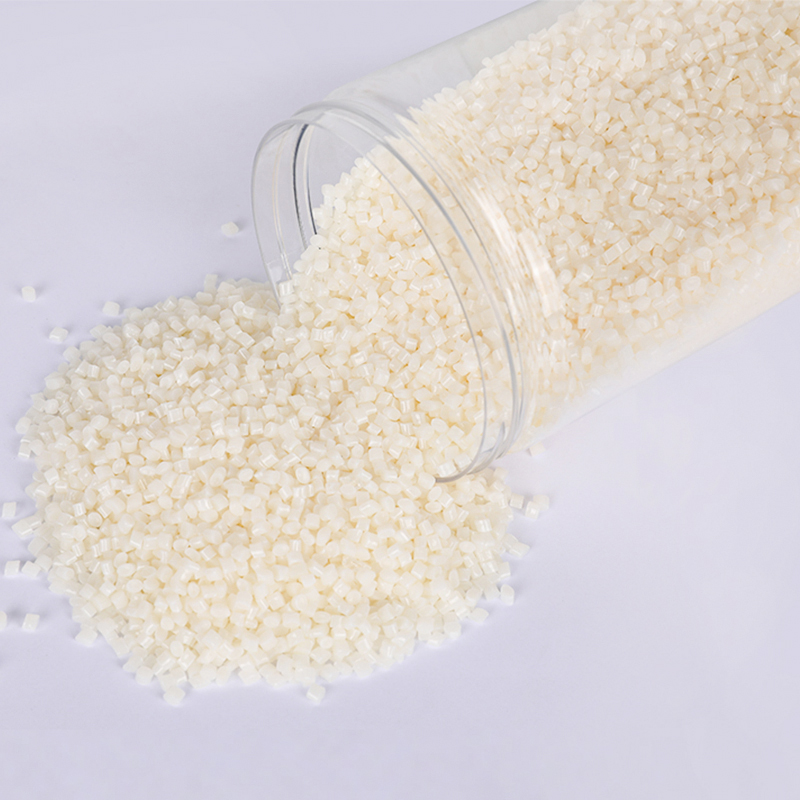
Environmental Impact: Using recycled ABS reduces the demand for virgin plastics, conserving natural resources and lowering the carbon footprint associated with plastic production. Additionally, recycling ABS helps mitigate plastic waste, reducing environmental pollution.
Applications of PCR Recycled ABS Plastic Amorphous Resin
Consumer Electronics: The durability and impact resistance of amorphous ABS make it perfect for housings of electronic devices, computer components, and mobile phone casings.
Automotive Parts: ABS is widely used in automotive interiors, dashboards, and trim due to its toughness and dimensional stability.
Toys: The impact-resistant nature of ABS ensures that toys made from this material can withstand rough handling, making it a popular choice in the toy industry.
Household Goods: From kitchen appliances to tool housings, ABS is used in a variety of household goods due to its durability and ease of processing.
As China PCR Recycled Plastic Granules Factory, We always adhere to the experience and philosophy of "keeping up with the times, constantly innovating, developing efficiently, and cooperating for mutual benefit"

Address: No.11, Wangzhuang Section, Provincial Road 01, Daqiao New Area, Economic Development Zone, Haiyan County, Jiaxing City, Zhejiang Province, China
Phone: +86-18058285678
Fax: +86-0573-86868101
E-mail: [email protected]
SUNRISE GROUP(Overseas Exclusive Agent)
www.sunrisechemical.com
2024 ICIS Global Chemical Distributor Top 8
Export Sales Manager:Helen Zhang
Mob/Whatsapp: +86 19883063465
Email: [email protected]
Copyright © Jiaxing Anyiju Plastic Industry Co., Ltd. All Rights Reserved

 简体中文
简体中文 English
English

